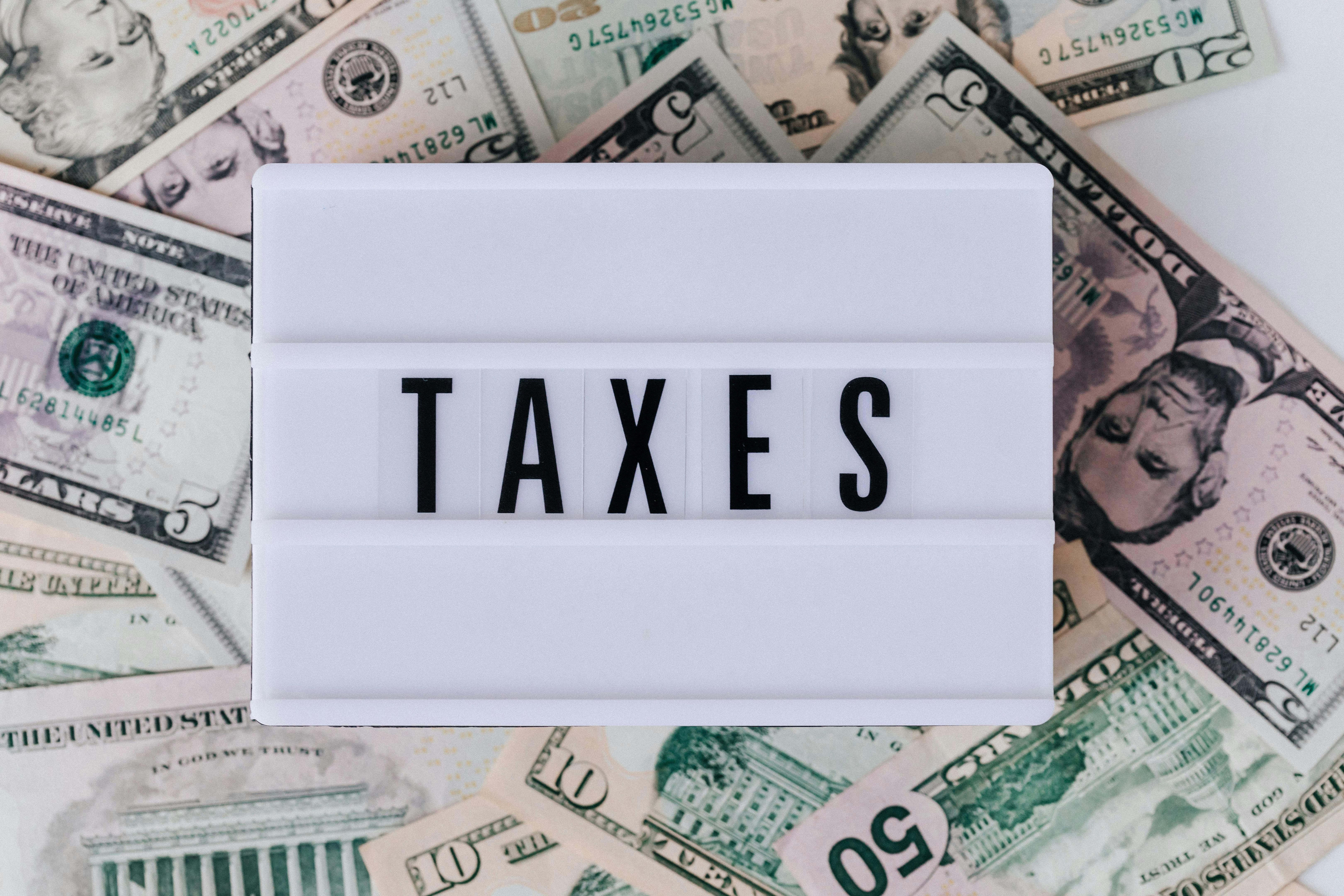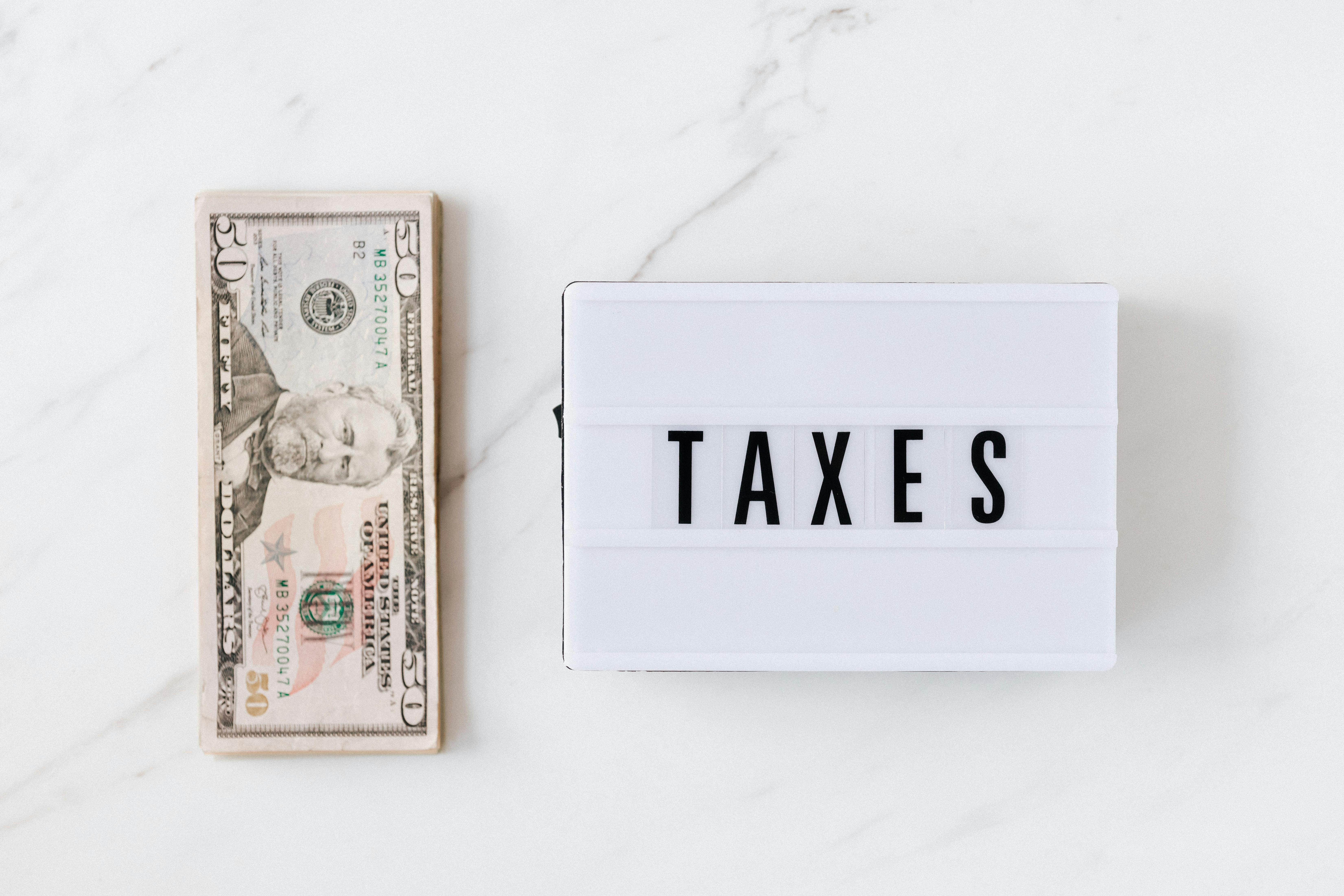Student Loan Debt Relief Programs in 2025: What Borrowers Need to Know

Introduction
In 2025, student loan debt continues to weigh heavily on over 43 million Americans, with total balances exceeding $1.7 trillion. Rising interest rates and inflation have made repayment even harder. For many, navigating loan forgiveness and relief options has become a lifeline.
This guide breaks down the latest student loan debt relief programs in 2025, helping borrowers understand which programs they qualify for and how to apply effectively.
Why Student Loan Relief Matters in 2025
- Financial Strain: Average monthly payments exceed $400, straining household budgets.
- Economic Impact: High student debt delays homeownership, family planning, and investments.
- Policy Changes: The Biden administration and Congress continue to expand forgiveness options.
- Borrower Protection: Relief programs shield millions from default and wage garnishment.
Without relief, many borrowers risk long-term financial instability, making debt forgiveness and assistance programs critical in 2025.
Federal Student Loan Forgiveness Programs in 2025

1. Public Service Loan Forgiveness (PSLF)
PSLF remains one of the most widely used programs. Borrowers working in government or nonprofit sectors can qualify for forgiveness after 120 qualifying payments.
2. Income-Driven Repayment (IDR) Forgiveness
Under IDR plans (such as SAVE, PAYE, and REPAYE), borrowers may have their balances forgiven after 20–25 years of payments.
3. Teacher Loan Forgiveness
Teachers in low-income schools may qualify for up to $17,500 in loan forgiveness after five consecutive years of service.
4. Disability Discharge
Borrowers with permanent disabilities are eligible for total discharge of federal student loans.
5. Biden Administration Initiatives
As of 2025, the administration has launched new targeted relief measures for low-income borrowers, especially those under IDR plans.
Refinancing and Private Student Loan Relief Options

Refinancing Federal and Private Loans
Refinancing is a popular option in 2025 for borrowers with strong credit and stable income. By refinancing, borrowers can replace high-interest loans with a new private loan offering a lower APR.
Interest rates in 2025 for refinancing range between 4% and 8%, depending on creditworthiness. While refinancing can save thousands in interest, it’s important to note that federal protections are lost once loans are refinanced.
Private Loan Forgiveness and Assistance
Unlike federal loans, private lenders rarely offer forgiveness. However, some do provide hardship programs:
- Temporary Forbearance: Pausing payments during job loss or illness.
- Modified Repayment Plans: Extending terms to lower monthly bills.
- Settlement: Negotiating a reduced payoff amount (though this impacts credit).
Borrowers with significant private loan debt should always explore refinancing with reputable lenders as the first option.
State-Specific Student Loan Relief Programs in 2025

Examples of State Programs
Many states offer loan forgiveness and repayment assistance to attract professionals in high-demand sectors. In 2025, several programs continue to expand:
- California: Loan repayment assistance for healthcare workers serving in underserved areas.
- New York: Teacher loan forgiveness programs for educators in shortage districts.
- Texas: Repayment help for attorneys working in public service roles.
- Florida: Nursing and medical professional relief programs tied to years of service.
Eligibility Criteria
Most state programs require residency, employment in a qualifying field, and a minimum service period of 2–5 years.
Why Consider State Relief?
State-specific forgiveness often works alongside federal programs, allowing borrowers to maximize savings.
Profession-Specific Student Loan Relief Programs

1. Healthcare Professionals
In 2025, doctors, nurses, and mental health workers remain eligible for targeted loan forgiveness programs. Many of these are tied to service in rural or underserved communities.
2. Teachers
Beyond federal Teacher Loan Forgiveness, many states and districts expand relief opportunities for educators working in low-income schools.
3. Lawyers
Attorneys working in public defense or nonprofit law can qualify for repayment assistance programs (LRAPs).
4. Military Personnel
Members of the armed forces may access special student loan repayment benefits, especially for roles in medical and technical specialties.
Legislative Changes and Policy Updates in 2025

1. Expansion of Income-Driven Repayment (IDR)
The SAVE plan now caps payments at 5% of discretionary income for many borrowers, making repayment more affordable than previous IDR models.
2. Targeted Forgiveness Programs
Borrowers who have made 10 years of payments under certain hardship conditions may now qualify for partial forgiveness.
3. Streamlined Applications
The Department of Education introduced a new one-stop online portal for PSLF, IDR, and other relief applications in 2025.
4. Increased State-Federal Partnerships
States are partnering with federal agencies to co-fund forgiveness, especially for critical professions like teaching and healthcare.
5. Consumer Protections
New legislation strengthens rules against predatory private lenders and guarantees more transparency in repayment terms.
Real-Life Case Studies of Student Loan Relief

Case Study 1: Emily – The Public School Teacher
Emily, a math teacher in a low-income school in New York, qualified for Teacher Loan Forgiveness. After 5 years of service, she received $17,500 in forgiveness, cutting her debt in half.
Case Study 2: James – The Public Defender
James carried $120,000 in law school debt. Through PSLF, his balance was forgiven after 10 years of on-time payments, saving him nearly $90,000 in interest.
Case Study 3: Maria – The Nurse in Rural Texas
Maria joined a rural hospital through a state-federal partnership. She earned forgiveness for $30,000 of her loans after 3 years of service. This program also gave her relocation bonuses, showing how loan relief can drive healthcare access.
Strategies to Maximize Student Loan Relief in 2025

1. Stay Updated on Policy Changes
Relief programs evolve quickly. Borrowers should monitor updates from the Department of Education and trusted financial news sources.
2. Apply Early and Accurately
Many forgiveness programs have limited funding. Submitting complete applications early maximizes chances of approval.
3. Leverage Employer Assistance
Increasingly, employers in 2025 offer student loan repayment benefits as part of compensation packages.
4. Combine State and Federal Programs
Borrowers can often “stack” state-based relief with federal forgiveness for greater savings.
5. Seek Professional Guidance
Certified financial advisors or nonprofit credit counselors can guide borrowers toward the best programs for their situation.
Alternatives to Student Loan Relief Programs

1. Income-Driven Repayment (IDR) Plans
Even if forgiveness isn’t immediate, IDR plans lower monthly payments based on income and family size. They also include eventual forgiveness after 20–25 years.
2. Refinancing
For borrowers with high-interest private loans, refinancing in 2025 can significantly reduce monthly payments, though it sacrifices federal protections.
3. Deferment or Forbearance
These options allow borrowers facing financial hardship to temporarily pause payments without going into default.
4. Debt Settlement
Some private loan borrowers negotiate lump-sum settlements with lenders. However, this negatively impacts credit scores.
5. Bankruptcy (Last Resort)
While rare, in extreme hardship cases, bankruptcy courts in 2025 have become slightly more flexible in discharging student debt under “undue hardship” rules.
Conclusion: Finding the Right Student Loan Relief in 2025

In 2025, student loan relief programs continue to be critical lifelines for millions of Americans. From PSLF and IDR forgiveness to state and profession-specific programs, borrowers now have more options than ever.
The key is to stay informed, apply early, and use the right combination of federal, state, and private solutions. With proper planning, borrowers can cut years off repayment schedules and achieve true financial freedom.
Next Steps
- ✅ Review your eligibility for PSLF, IDR, or state programs.
- ✅ Compare refinancing offers if you have private loans.
- ✅ Consult a nonprofit student loan advisor if you feel stuck.
Ready to take control of your debt? Start exploring the best student loan relief programs for 2025 today and move closer to financial independence.
